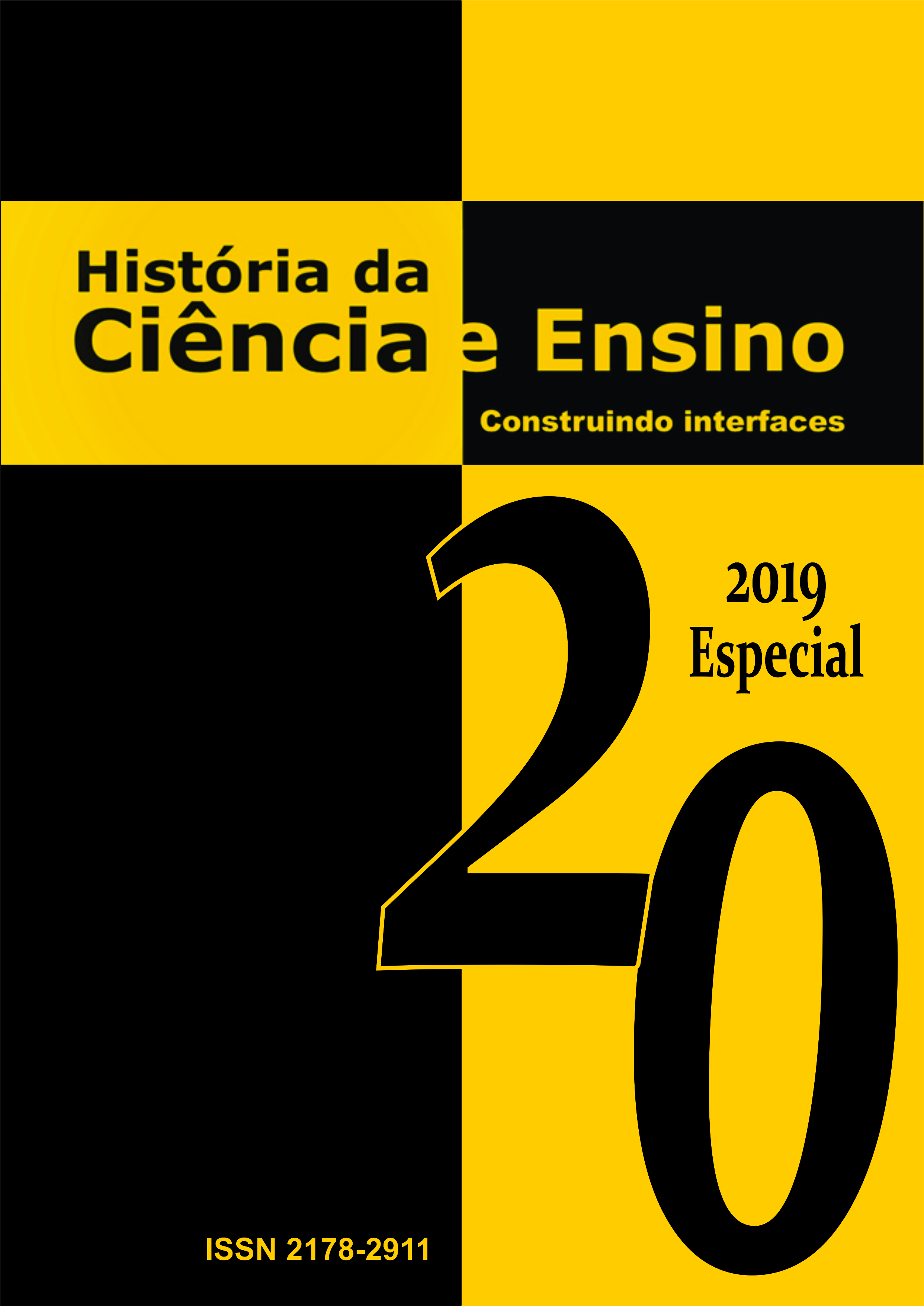Historia da evolução da regulamentação de proteção ambiental relativa à gestão de efluentes e resíduos nas ultimas décadas
DOI:
https://doi.org/10.23925/2178-2911.2019v20espp442-454Resumen
Resumo
Neste trabalho faz-se uma análise da Historia da evolução da regulamentação de proteção ambiental relativa à gestão de efluentes e resíduos vitivinícolas nas ultimas 3 décadas (após a adesão de Portugal à então CEE). Há já alguns séculos que se percebeu a importância da preservação da fauna e da flora do meio ambiente para a nossa sobrevivência e para a manutenção do planeta terra em condições de permitir a sobrevivência das gerações vindouras (desenvolvimento sustentável, hoje em dia falamos de economia circular). Contudo, nos países industrializados da europa, a regulamentação ocorreu principalmente nas últimas 3-4 décadas, integrando de maneira crescente a preocupação ambiental, e evoluindo gradualmente de uma mera preocupação com o processo técnico de tratamento de efluentes e resíduos, para uma perspetiva mais global de economia sustentável. De forma lógica, a preocupação dos legisladores começou primeiro pelo despejo de efluentes e resíduos industrias perigosos/tóxicos, estendendo-se progressivamente aos restantes resíduos e efluentes humanos, agroindústrias e agrícolas. É normalmente a legislação da união europeia que serve de barómetro, sendo transposta à posteriori e regularmente (algumas vezes alguns anos depois) para a legislação dos diversos países membros, nas mais diversas áreas. Esta legislação aborda frequentemente a fileira completa da matéria prima, aos produtos e efluentes, incluindo a gestão dos resíduos, a reutilização dos materiais, a proteção das águas, as condições de utilização das lamas de ETARs e a luta contra a poluição por nitratos. Estas Diretivas da UE são, pois, a base dos textos que cada um dos estados membros deverão transpor em devido tempo.
Palavras-chave: Legislação; adega, ambiente; historia da ciência, Portugal
Abstract
In this article we analyse the history and the evolution of the environmental protection regulations related to the Winery effluents and wastes management in the last 3 decades (after Portugal's accession to the EEC).For some centuries we have realized the importance of preserving the environmental fauna and flora for our survival and for maintaining f the planet earth in good conditions to allow the survival of future generations (sustainable development, nowadays we speak in circular economy).However, in industrialized European countries, regulation has occurred mainly in the last 3-4 decades, increasingly integrating environmental concerns, and gradually evolving from a mere concern with the technical process of wastewater treatment to a more global perspective of sustainable economy. Understandably, the concern of legislators first began by management of effluents and wastes from hazardous/toxic industries, progressively extending to others such as human, agro-industrial and agricultural wastes.Usually the legislation from the European Union serves as a guide, being transposed posteriorly and regularly (sometimes a few years later) into the legislation of the several countries members of the EU, in the most diverse areas. This legislation often comprises the full range of the area, from raw materials, products and effluents, including waste management, reuse of materials, water protection, conditions for the use of sludge from wastewater treatment plants and the fight against nitrate pollution. These EU Directives are therefore the basis of the texts that each member state should have transpose as soon as they can.
Keywords: Legislation; winery; environment; science history; Portugal


